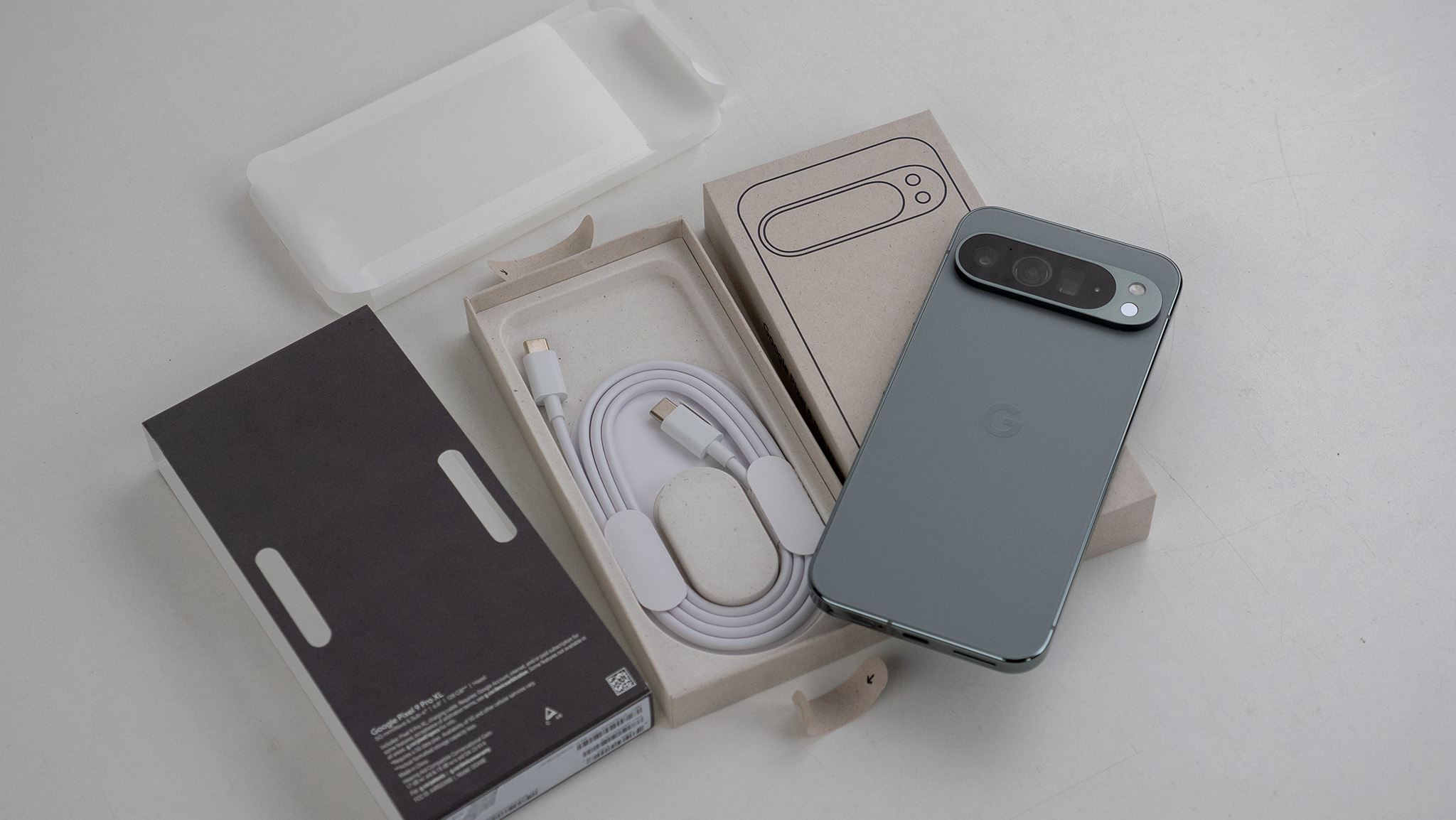Finding the spot for you on the mobile device spectrum - Talk Mobile
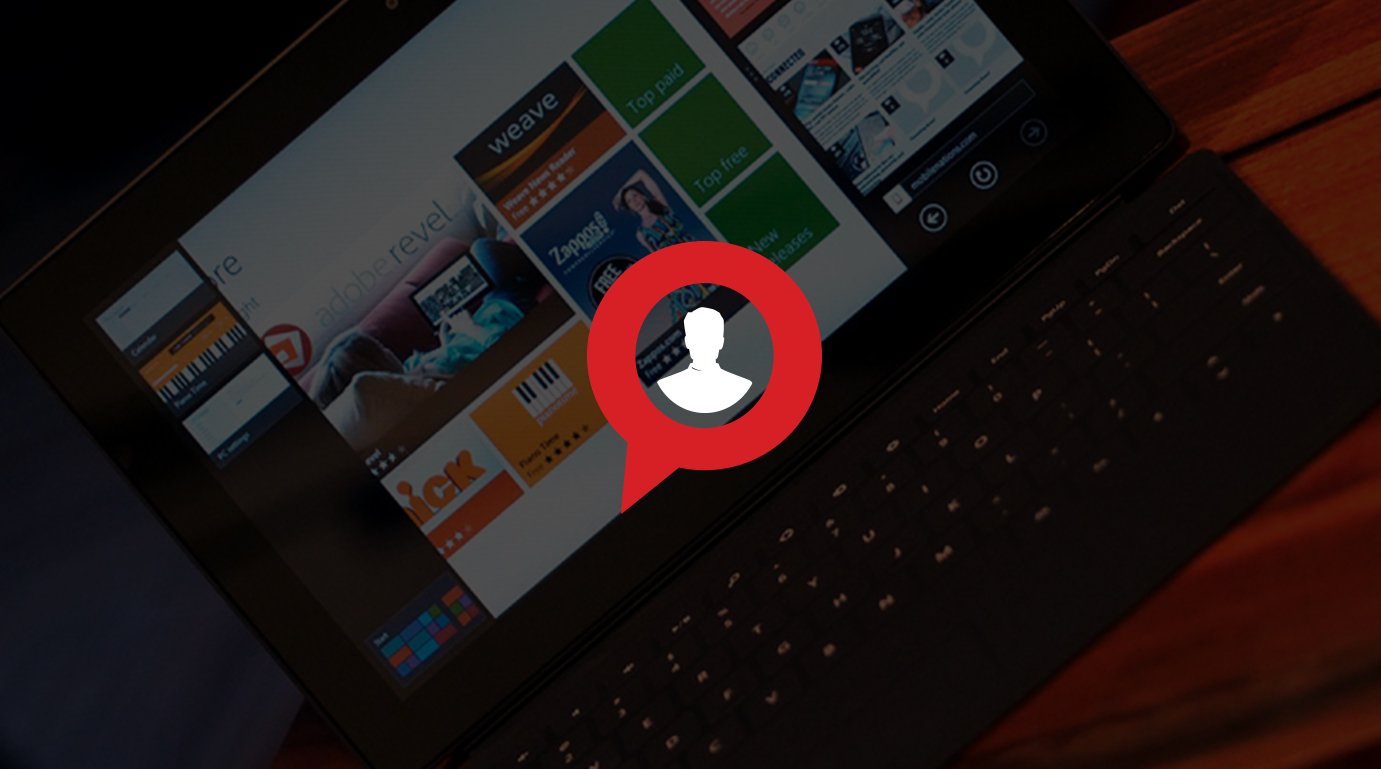
Presented by Blackberry
Talk Mobile You
Finding the spot for you on the mobile device spectrum
by Rene Ritchie, Daniel Rubino, Kevin Michaluk, Phil Nickinson

For the longest time your options with mobile devices were limited. If you wanted a smartphone, chances are you'd be getting one with a physical keyboard, either the Treo/BlackBerry-style "candybar" smartphone or a horizontal slider. If you wanted a tablet, you were looking at a thick stylus-driven experience mated to laptop-style internals. And if you wanted a laptop, well, you could get one of those, but couldn't expect anything better than a few hours battery life in a slow and bulky package.
Today things have changed. Smartphones are available in a variety of form factors from numerous manufacturers on multiple platforms. Tablets have ditched their laptop origins in favor of chipsets that more closely parallel their smartphone cousins. Laptops are thinner, lighter, more powerful, and longer-lasting than ever before.
Even some old technologies - like the stylus - have found a new life in today's devices. So just which one is right for whom, and which one is right for you?
Let's get the conversation started!
Be an expert in 5 minutes
Get the latest news from Android Central, your trusted companion in the world of Android




Mobile Matrix
Articles navigation

01
Smartphones today are good enough and easy enough
In the past few years, things have changed. Dramatically. We have smartphones that are faster, longer-lasting, more durable, beautiful, thinner, lighter, and loaded with sensors that always know what's going on around them. Software is more powerful and far easier to use, surfacing what the user needs while hiding away what they don't need to see.
Seven years ago, my answer would have encompassed mobile business people and those that needed to connect to the then nascent mobile web. Today, it's simple: everybody.
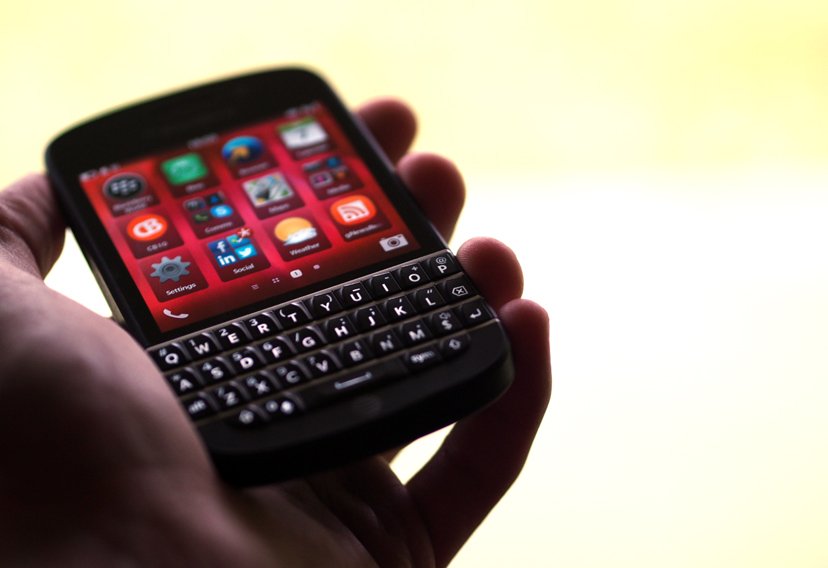
For the smarter phone
The rise of the smartphone can be traced back to the early 1990's. The first essentially grafted a PDA to a cellphone - both were on the bulky side during those times, so the resulting device was even more cumbersome.
Palm (Handspring, actually) and BlackBerry came onto the smartphone scene in 2002 and 2003, respectively. Microsoft had been on the scene for a few years, but Windows CE and Pocket PC never gained much traction.
The next sea change came five years later with the release of Apple's iPhone, followed by Android from Google, Palm's webOS, Windows Phone, and BlackBerry 10.
Smartphones today are powerful and easy that the average person can get enough use out of them to justify owning one. They're for the jet-setting business traveler, the college student, and the grandparent.
We can all benefit from smartphones. They've put information quickly and easily at our fingertips. Smartphones make let us stay constantly connected in text, voice, and even face-to-face. They predict our needs and tell us what we need to know before we need to know it.
Smartphones record our lives, be it through writing or drawing or photos or motion data. They help us capture moments on the fly, document what we need to keep, and remind us of the things we need to do. They track how we move and where we go, and if you want, can tell us how to get there.
The hidden complexity of smartphones has helped to reduce the complexity in our own lives.
The hidden complexity of smartphones has helped to reduce the complexity in our own lives. No longer do we need to carry a physical address book and day planner, a camera and an MP3 player. We don't need to keep a dedicated GPS navigator in our cars nor do we need to sit down in front of a computer to access the internet. The smartphone does all of this and so much more.
I can't think of anybody that can't get some benefit from owning a smartphone.

Who are smartphones best for? The answer is… everybody.
Derek Kessler / Managing Editor, Mobile Nations
What features would your ideal smartphone have?
876 comments
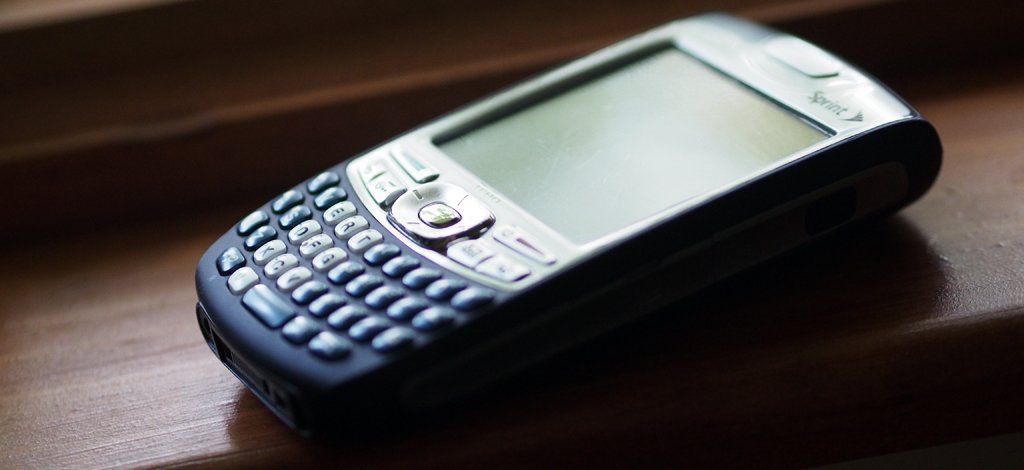

02
A smartphone, a tablet, a… phablet?
One day, long from now, we'll be telling stories to our grandkids. … "Back in my day, we had smartphones the size of small tablets. We put them in our pockets, we put them up to our ears. Nothing like what you kids have today."
Whether our grandkids will be using smartphones the size of large tablets or attached to glasses or shoved into watches — or embedded directly into their brains — remains to be seen. (Personally, I'd expect some sort of seismic shift long before then.) But one trend became apparently around 2010 and 2011: small phones were done for.
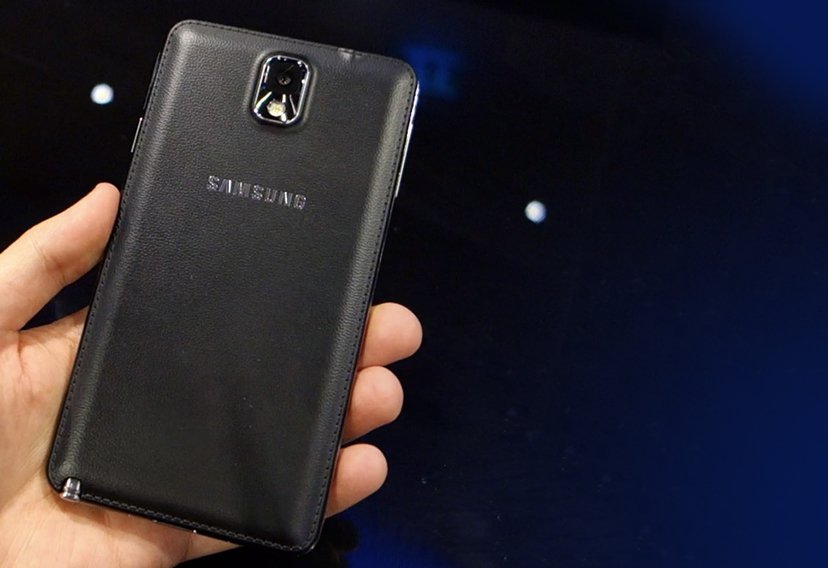
A note on phablets
When the HTC HD2 landed in 2010, its 4.3" screen was considered to be massive for a smartphone. In the intervening three years, smartphone screen sizes have steadily increased, to the point where the 4" iPhone is considered to be tiny.
While not the first large-screened connected mobile device, the Samsung Galaxy Note of 2011 is considered to be the first true "phablet". Sporting a 5.3" screen, the Galaxy Note combined high-power smartphone internals with a Wacom digitizer stylus-compatible touch screen for pressure-sensitive input. The Galaxy Note line has expanded since 2011, most recently with the 5.7" Galaxy Note 3 and an updated Galaxy Note 10.1 tablet.
A few experimented — the old Sony Xperia Mini comes to mind — but we quickly saw phones hit 4 inches. Then 4.3 inches. Then 4.5 and 4.7 inches. Now 5 inches — and even a little bigger — is the norm for a smartphone not named iPhone. The HTC One Mini? 4.3 inches is the new "mini."
Then came the Samsung Galaxy Note. Huge at the time — 5.3 inches?! — but rather pedestrian by today's standards. The Note ushered in the age of the "phablet," a horrible name (that no self-respecting smartphone nerd actually uses) for some that's more than a smartphone but not quite a tablet. Since 2011, we've seen the likes of the Note 2 (5.5 inches) and 3 (5.7 inches). And other manufacturers followed suit, like LG with the Optimus G Pro (5.5 inches), Sony with the Xperia Z Ultra (6.4 inches!) and Samsung with the Galaxy Mega 5.8 and 6.3.
Screen size alone does not a phablet make.
It's gotten to be a bit much. But that's not to say these oversized phones haven't been popular — and that's not to say they haven't added something to the ecosystem. In fact, screen size alone does not a phablet make, we'd argue. (And that's another reason the word "phablet" is kind of dumb.) The good ones add something, be it pen input or pen input or … well, more often than not, they've added some sort of pen input.
None of this has really answered the question, though. Who are these monstrosities — these freak-of-nature phones — best for? The answer is an unexciting "Anyone." At the end of the day, they're no different than any other smartphones, oversized or not. Different sizes, different features. Different strokes for different folks.
Are phablets truly deserving of their own product category?
876 comments
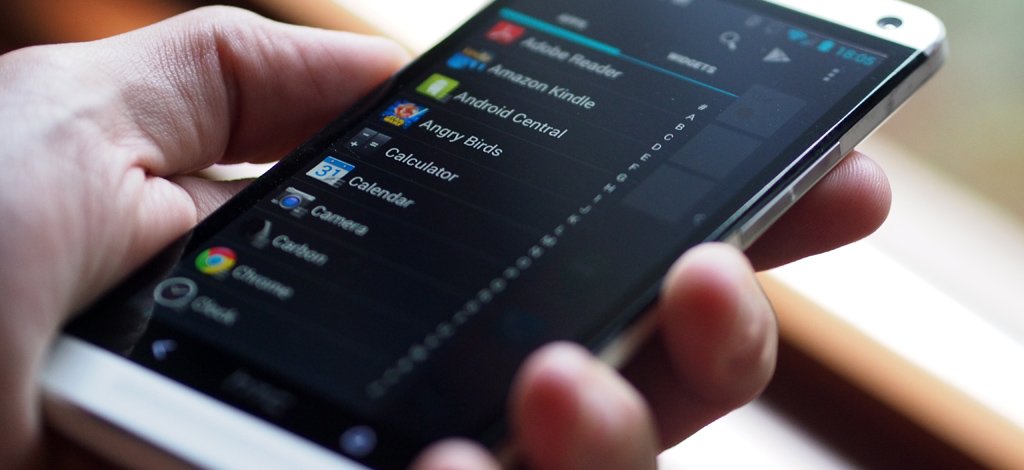

03
Tablets are the new portable computer for the masses
From punch cards to command lines to point-and-click to multitouch, modern computer history has been the story of ever more accessible, ever more personal, ever more empowering technology. My father worked on mainframes. They were impenetrable to me. I grew up on command lines. My sister never gave them a second glance.
Everyone in my family has a laptop or desktop computer. Not a day has passed that my mother hasn't felt lost in front of it. She now has an iPad. It can't do anywhere nearly as much as her iMac, but with her iPad she can do far more than she ever could with her iMac.
Tablets that keep the inner workings as inner workings, those are the new, even more personal computers.
That's the first group of people for whom tablets are ideal. Not all tablets mind you. Not the ones that still work and act like PCs. But mainstream computing appliances that don't confuse or confound people with archaic desktop metaphors, anachronistic file systems, and insane levels of complexity. Tablets like the iPad and the Kindle Fire and the Nexus tablets; they keep the inner workings as inner workings and just let people drive. Those are the new, even more personal computers, and the perfect devices for most of the mainstream, most of the time.
They use direct manipulation, instant interactivity, constant save states, and seamless syncs to let you finger paint with productivity, sketch with information, and play with content in a way simple and delightful enough for a child to discover, yet profound enough for the most sophisticated person on planet to enjoy.
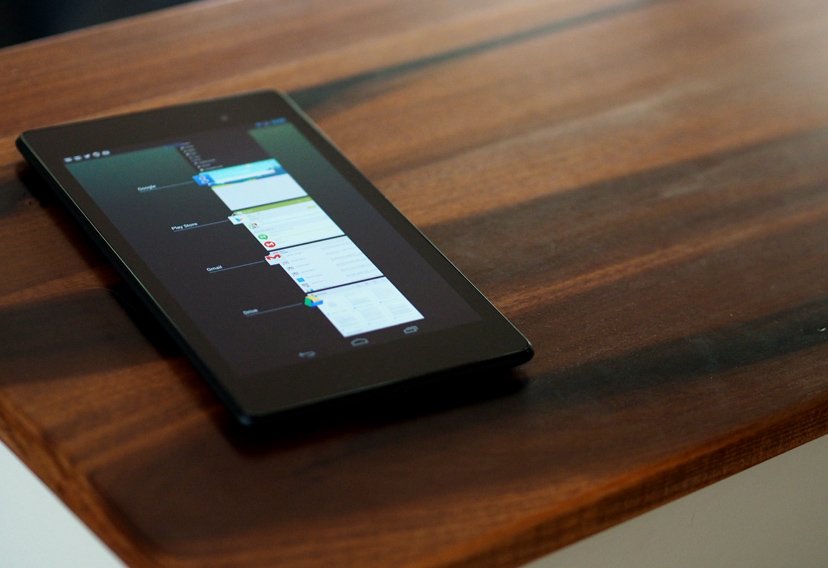
The long road to today's tablets
While modern tablets like the iPad and Galaxy Tab have been around for only the past few years, touchscreen computing has long eluded tech industry giants. Microsoft, in particular, built several iterations of tablet software, including offering tablet support for Windows XP in the early 2000's.
Modern tablets came about in the early 2010's, influenced by the ARM-based work done around smartphones. In fact, the iOS software that powers the iPhone was designed first for tablets before being applied to smartphones.
Starting with Windows 8, Microsoft retooled their flagship Windows operating system with tablets in mind, adopting a tile-based "Modern" interface built off of their work on Windows Phone.
Which brings me to the second group. The nerds. The people for whom "second screen" makes any kind of sense, the people for whom taking a break from the desk means computing from the sofa, the ones who want to be constantly connected no matter what they're doing or where they are.
Traveling with a laptop, even a ultra-book, for these uber-geeks is just not an option. When they want to travel light, they want light. Likewise browsing the web, catching up on email, reading a book, playing a game, watching a video - the idea of wasting a Photoshop- or Battlefield-class machine on such low-demand activity just flat out offends them.
They can use a tablet for that. In fact, they do. I do. Tablets are the new personal computer. They're just more personal than ever.
What's the best size for a tablet?
876 comments
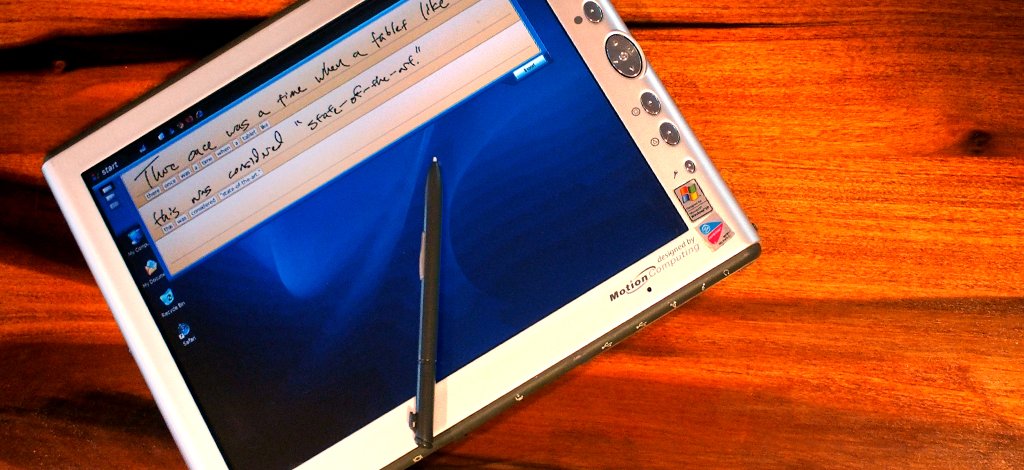

04
Making the case for laptops in this supposed post-PC world
Laptops. In many ways they seem like yesterday's technology. Today's big hits? Smartphones, phablets, and tablets, of course. So who still needs a laptop?
Actually, many people do, but admittedly, the amount of time people feel the need to a new laptop and their actual usage is going down. Whereas people used to exclusively check and reply to email on such devices (or desktops), it's often easier and faster to do it from your phone or tablet. It's on you, might as well use it, right?
Between advances in processors and displays, things are still moving fast in the laptop field.
Still, for the student, the professional, or the writer, laptops remain a key component in their daily routine. Between advances in processors (e.g. Intel's powerful but battery-sipping fourth-generation Haswell chipset) to improved display quality from Samsung and Apple, things are still moving fast in the laptop field. That's probably the irony here: while the technology is better than ever, it may be too late for many who have learned to live without that device category.
Laptops though are indispensable in the long run. They offer a full, comfortable keyboard, larger display size, more processing power, and more potential storage than a tablet or smartphone. Between their low profile and increasingly cheaper price points, laptops are ideal for the college student or the frequent traveler. Combined with in-air Wi-Fi and even AC outlets on newer planes, it's hard to say laptops aren't for travelers when there are so many thin-and-light options out there.
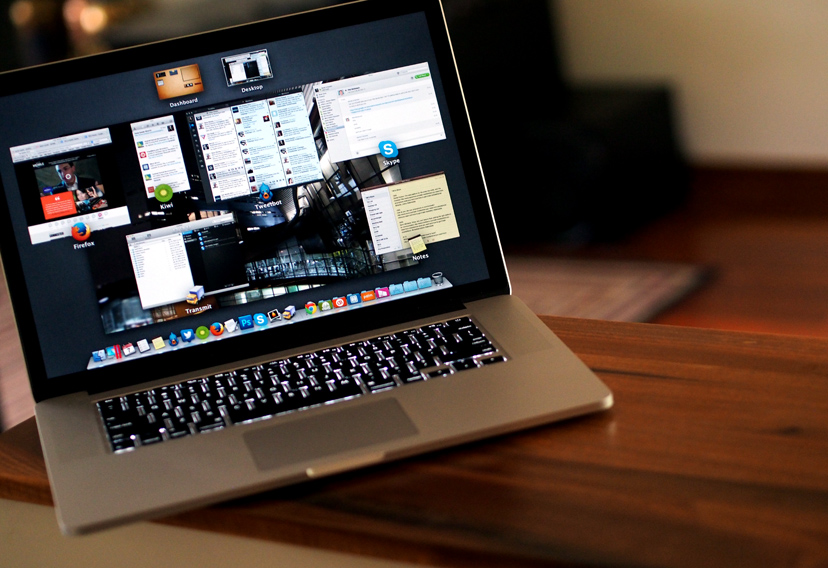
Portable productivity
The first portable computers weren't laptops - they were portable computers, such as the IBM 5100 from 1975. What it takes to make a laptop is a battery. In the 1980's several firms tackled laptops, including Epson, Tandy, Apple, and HP. Laptops began to take off as consumer devices around the turn of the century as dropping prices coupled with increased portability and power made the machines an enticing proposition for general users.
Most recently laptops have begun to drop older technologies, with an emerging class of ultrabooks released without legacy connectivity (including VGA monitor and Ethernet ports) and media (DVD and Blu-ray drives). These new laptops are thinner and lighter than ever before, along with achieving battery life that reaches to several hours.
Let's not forget about gamers, that subset who demands nothing but the most aggressive power from their machines. High resolution, raw CPU output and plenty of memory keep these portable rigs at the cutting edge of technology. The industry likes to constantly bemoan the death of PC gaming, but every year we see more and better hardware like the Razer Blade 14-inch machine. And it sells for big bucks. It's not quite a desktop gaming rig, but for the on-the-go gamer it's hard to beat. In the end, laptop usage may go down but those who need it will still gladly pay top dollar for the most advanced hardware. Whether you're a journalist, student, writer, photographer or business user who travels, there will also be a need for a portable PC. Luckily, today is better than ever to get one.
Talk Mobile Survey: Mobile You
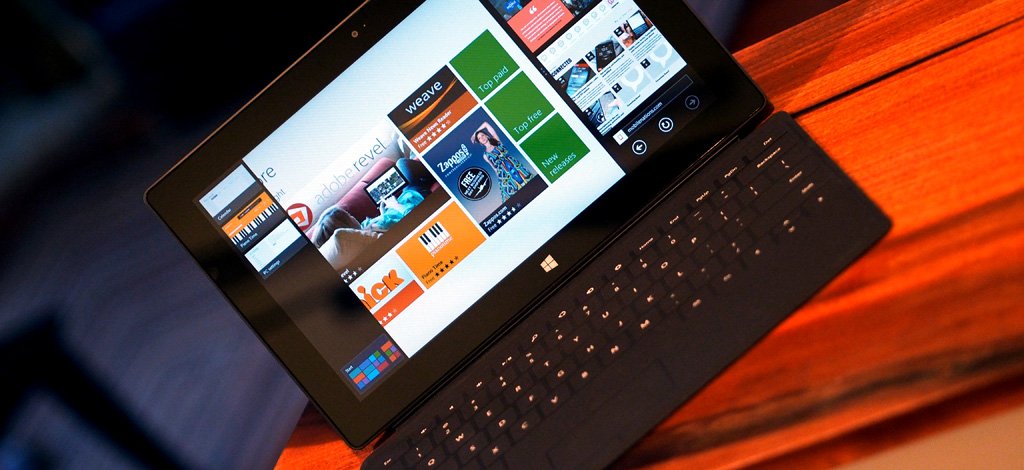
CONCLUSION
When you get down to it, all technology these days is made for all people. Smartphones, phablets, tablets, and laptops are designed for you, me, your father, your grandmother, and your children. They're simultaneously easier than ever to use but also more powerful and flexible.
What it comes down to are your preferences and your needs. If you need gobs of power or do a lot of writing, then you might want a laptop with a keyboard. If you're an artist or spend most of your computing time browsing the web, then a tablet might be it for you. Need the ability to be mobile and connected? Consider a smartphone. How about something in between the smartphone and tablet? You know, a phablet?
What works best for you might take some experimentation, or at least going in to the store and trying it out. We've been saying all along that specs and stats aren't everything, but form factor and capabilities? Those are important.

